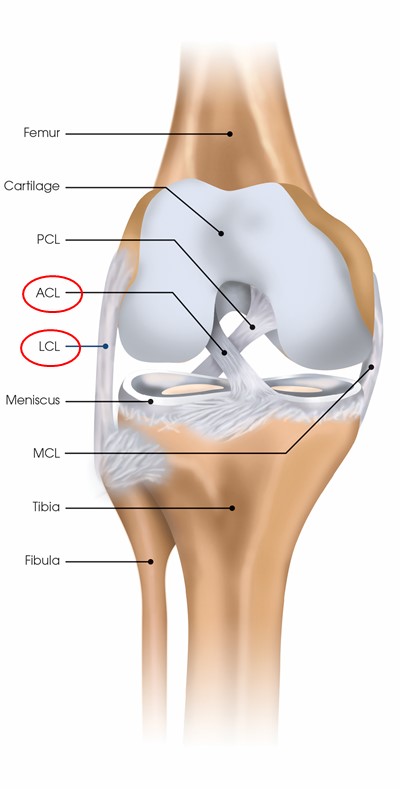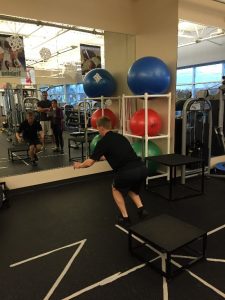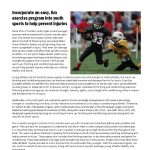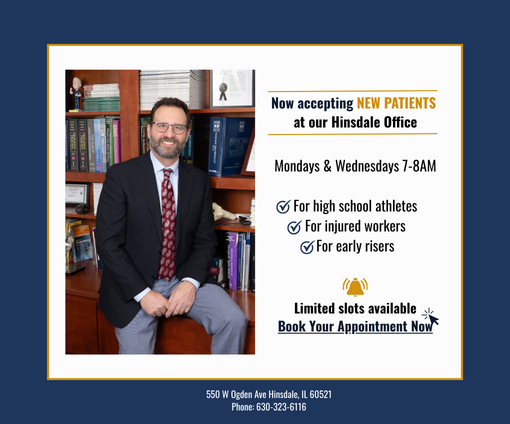
New functional capacity evaluation for ACL injuries definitely tests likeliness for re-injury and readiness to return to sport
When Chicago Cubs outfielder, Kyle Schwarber chased a ball drilled by Arizona Cardinal’s Sean Segura during the third game of the season, fans cared more about the injury to Schwarber that he suffered colliding with teammate Dexter Fowler than the inside-the-park homerun that resulted.
In the outfield collision, Schwarber tore his anterior cruciate ligament (ACL) and lateral collateral ligament (LCL) complex that required surgery to reconstruct his knee. This was a very serious season-ending and potentially career-ending injury because of the multiple ligaments involved. Players and fans were concerned for Schwarber and the effect it would have on the 2016 season.
When asked by reporters about the likelihood of Schwarber being able to return sooner, Schwarber’s physician replied it was difficult to predict and something he would not encourage Schwarber to do. The goal was to get him ready for next season.
In reference to Kyle Schwarber’s injury and his physician’s comments, orthopaedic surgeons do not have a definitive and validated assessment test to determine when it is safe for an athlete to return to sport following an ACL or other knee ligament injury. Despite all the advances in ACL reconstruction and improved outcomes, there always has been a tremendous amount of variability in the criteria used by physicians to determine when they should allow patients to return to sport.
Through research conducted by my nonprofit foundation, the Orthopaedic Surgery and Sports Medicine Teaching and Research Foundation (OTRF), we developed a comprehensive functional capacity evaluation (FCE) program to determine when a patient could safely return to play following ACL reconstruction.
Our FCE program combines questionnaires for subjective evaluation, clinical assessments for swelling, range of motion, strength and functional components such as landing form assessment and hop testing. At the end of the test, patients receive either a “pass” or “fail” grade providing a definite answer whether they can return to sport or what they need to continue to work on in order to pass.
Providing this test for athletes is an important step in completing the treatment of ACL injured patients and reassuring the patient that they are less likely to experience a re-injury upon returning to sports.
Our research to validate this test has revealed decreased risk of re-injury if athletes return only after receiving a passing grade. We look forward to presenting our novel program and research at orthopaedic conferences this coming year.
However, you do not have to be a Kyle Schwarber with an ACL injury to have our FCE test. I routinely encourage all my ACL patients to take it upon completing their physical therapy. If your or someone you know are interested in learning more about the test, or making an appointment for me to evaluate and treat a knee injury, please call 630-324-0402, or visit my website at contact. In addition to knee injuries, I also treat shoulder, sports medicine and work-related injuries in my Westmont and Western Springs offices.










